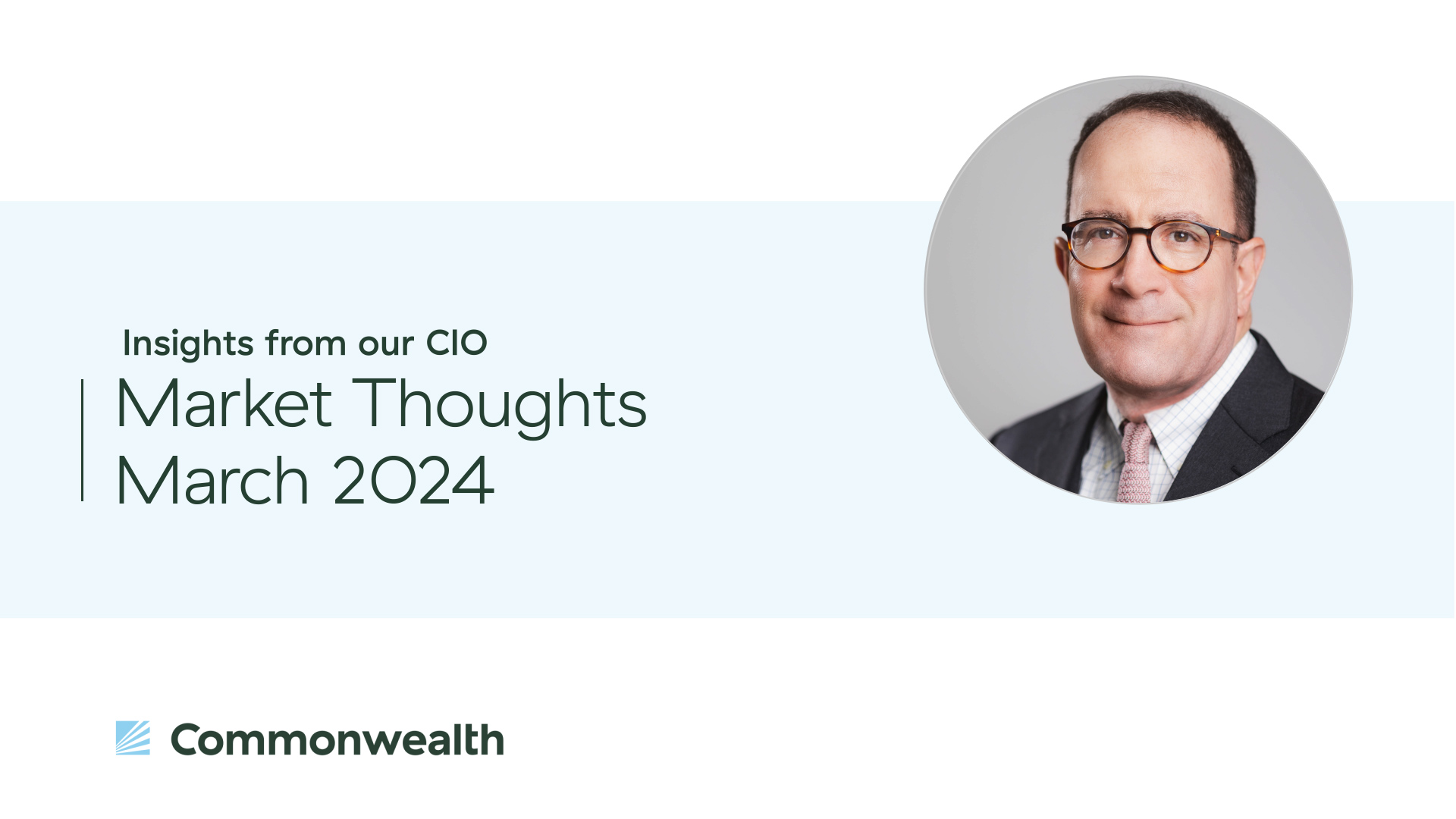August saw a shaky start with an initial sell-off, but it ended on a positive note as markets rallied. Fed Chair Jerome Powell announced it was time to start cutting rates, and stock and bond markets bounced on the news—with the Dow setting a new high and the S&P 500 getting close. The expected rate cuts are based on a slowing economy and the hope that inflation will keep trending downward. Beyond the economy, political risks are expected to rise as the elections get closer.















